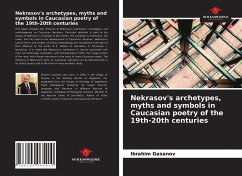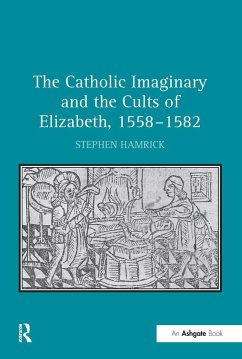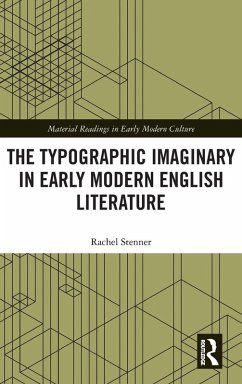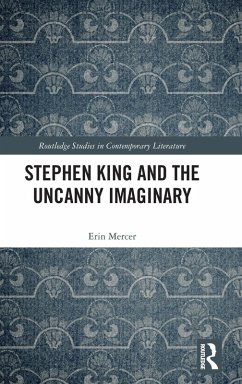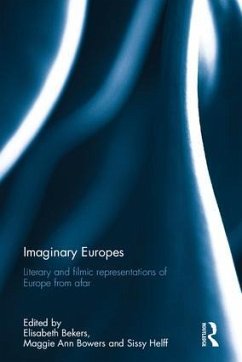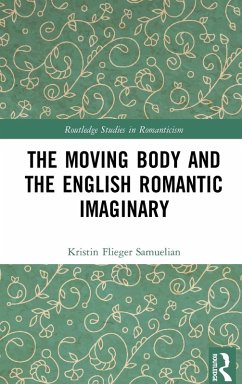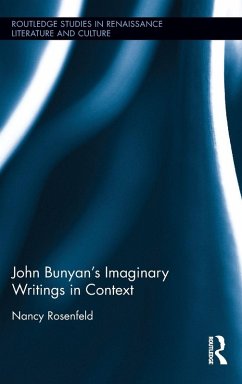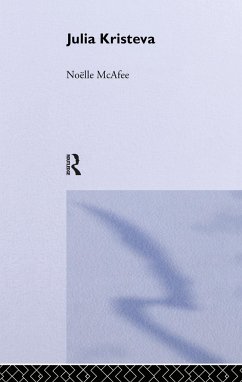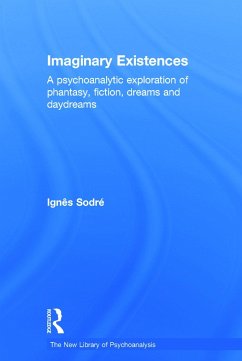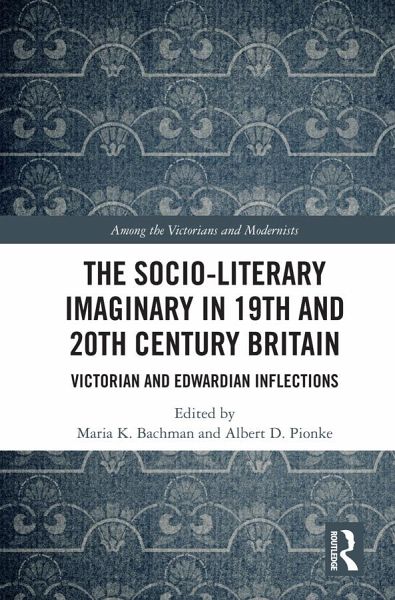
The Socio-Literary Imaginary in 19th and 20th Century Britain
Victorian and Edwardian Inflections
Herausgeber: Bachman, Maria; Pionke, Albert

PAYBACK Punkte
84 °P sammeln!
At once an invitation and a provocation, The Socio-Literary Imaginary represents the first collection of essays to illuminate the historically and intellectually complex relationship between literary studies and sociology in nineteenth and early twentieth-century Britain.





